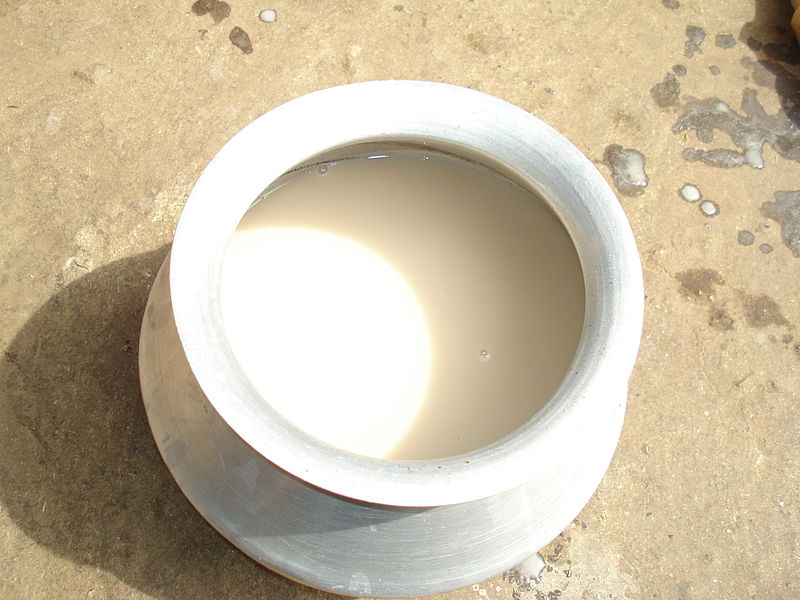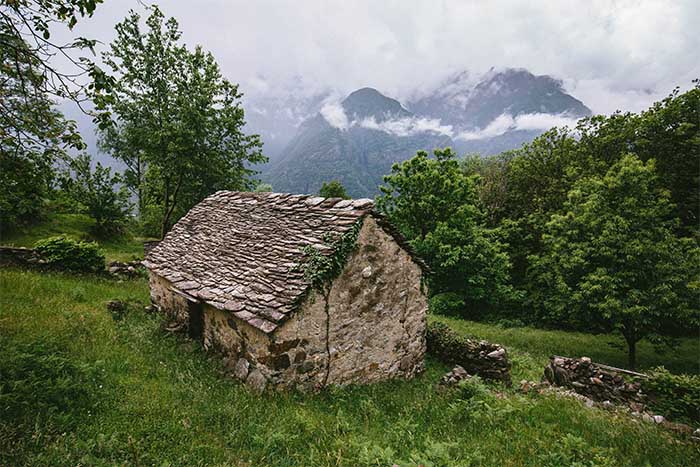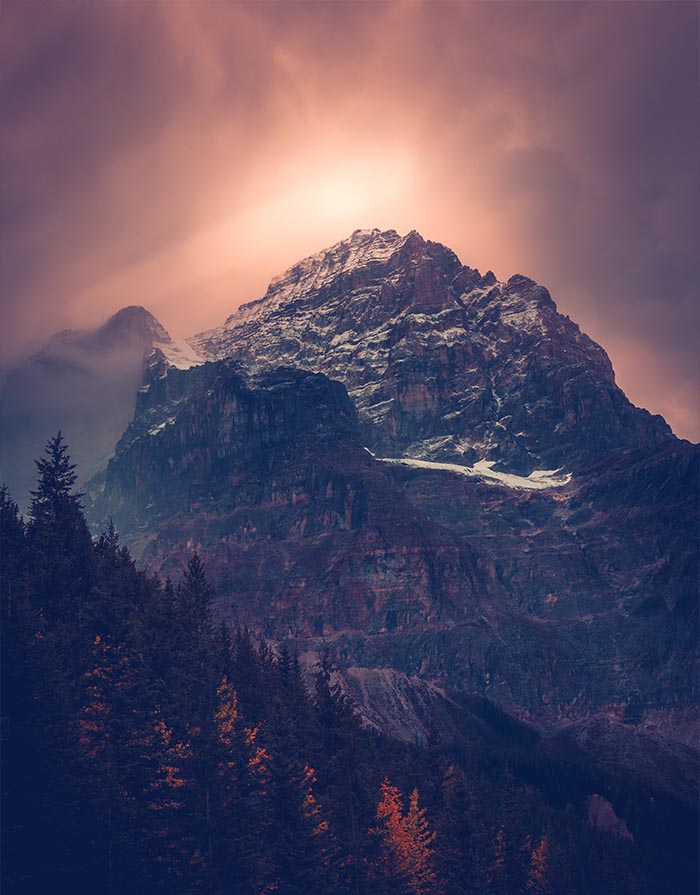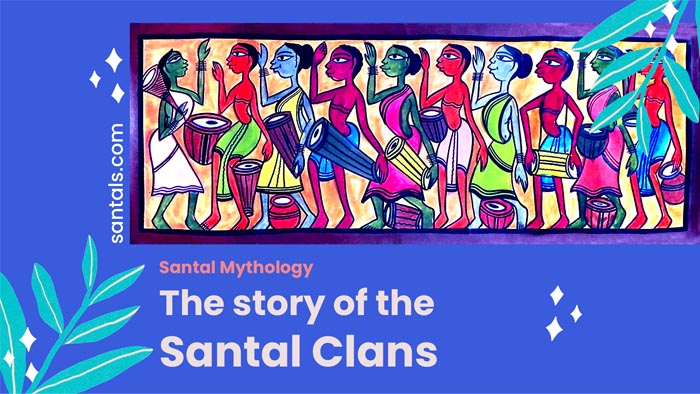Pilchu Haram and Pilchu Budhi were leading a comfortable life in Hihiri-Pipiri. They had an abundance of everything and were content with a simple yet happy life.
One fine morning Lita came to their small hut in Hihiri-Pipiri looking for them, Lita said, “How are you, my grandchildren? I have come down to visit you. I hope you are having a good time.”
Pilchu Haram replied, “Yes grandfather, we are well. How are you and what brought you down here?”
Lita said, “I am well, my grandchildren. I have come down from heaven to have you taste one of the greatest joys which you have not yet come across. It’s called Rice Beer, and it is delightful in taste. Come along with me; I will show you how to make it.”
Haram and Budhi followed Lita to the forest; Lita showed them the roots which would be used to make the fermenting stuff. Lita said to Budhi, “Now you make the rice wet and pound it into flour”. She did as Lita instructed, then they mixed the rice flour with the fermenting stuff’s juice and made a few balls with them. Then put it in a basket with straw and left it there for a day.
The next day, they took out the rice balls and spread them on a winnowing-fan and left it out in the sun so they became dry. Then they gathered some Sumtu bukuc and Sama Grass Ears and pounded them. They boiled the grains and then left it to cool down; after some time, when it was cold, they kneaded the fermenting stuff into it. After mixing everything well, they left it covered in leaves for some days. When the fermentation was complete after five days in the afternoon, they poured water on it.


Lita said to the couple, “Now both of you drink this after offering some to Marang Buru. I shall come tomorrow to visit you”. Both of them did as Lita said; made three leaf-cups, poured one on the ground in the name of Marang Buru and drank from the other two. They had never tasted something like that before, they got very drunk after finishing it all, and started playing amorously. It became night, and they laid down together.
Lita came down to see them the very next day. Lita said, “Where are you my grandchildren, do come out. Have you two woken up or not?” When they regained consciousness, they realised that both of them were naked and felt very ashamed. Haram replied to Lita, “O grandfather, how can we go out? We are naked and awfully ashamed. Last night we became drunk from the rice beer and did something terrible.”
Lita then said to them, “There is nothing to worry, it’s fine. I will come some other time”. Lita went away, smiling to himself. Pilchu Haram and Pilchu Budhi made a skirt and loincloth with ficus-leaves for covering their nudity. After that, they got children, seven boys and seven girls. The children grew up and became adults. All the boys would go with Haram in one direction to hunt, and all the girls would go with Budhi to pluck fruits and vegetables in another direction.


One evening when the boys were returning from their hunt, they heard the girls singing and dancing beneath the Capakia Fig tree. The boys left the boi-bindi deer that they hunted that day and joined the girls and started singing and dancing with them. The eldest man chose the eldest girl, the youngest man, the youngest girl. So, similarly, they chose their partners.
Seeing this, Haram and Budhi said, “Now that they have become couples, we should marry them”. Haram and Budhi made a house with seven rooms; one room for each couple. When it was ready, they brewed rice beer and gave it to them. And in this way, they performed their marriages. After that, all of them got children. They were growing up fast.
Haram and Budhi then said to everyone, “When there was no one, we two came together to become pairs and multiplied to seven boys and seven girls. Then they chose their partners, married and multiplied. But they were brothers and sisters.” Haram further said, “So, let’s make a rule today which you all must follow. From now on, no brothers and sisters shall marry each other.”
Also Read: Infographic: Origin Of Ol-Chiki Letters
Hence these seven couples were divided into seven septs. The eldest boy became Hasdak, the one following him was Murmu, the third eldest was Kisku, the one after him was Hembrom, followed by Marandi, then Soren and the youngest one was Tudu. After the division of the septs, it became a rule that no one should marry someone in their own clan. The bride may be of any sept provided that the man is of a different one. After that, they lived comfortably and multiplied.
A long time passed, and all of them were living in a place named Khoj Kaman. Thakur observed that the whole human race had become exceedingly greedy. They had lost respect for God as well as their brothers and sisters. Marriages in the same clan became common. Seeing this, Thakur became furious. He said, “Come mankind, come back to me” but no-one paid any attention. Thakur then called out to a holy pair and said to them, “Mankind does not listen to my words anymore, so I need to end everything and start afresh. So, you two go to the Harata Mountain. There you would find everything to start a new life.”
The couple did as Thakur said. Then for seven days and seven nights Thakur let fire-rain and destroyed everything that was living on the earth. Only the holy couple who were on the Harata Mountain survived. They came down and made their home at the foot of the Harata mountain. Haram and Budhi divided them into septs which previously existed, i.e. Hansdak, Murmu, Kisku, Hembrom, Marandi, Soren and Tudu. Besides these original septs, five more septs were made, namely Baske, Besra, Pauria, Core and one which has been lost called Bedea.
The entire tribe moved from country to country in the search for the ideal place to live. One day they came across a gigantic mountain, so steep that it was impossible to scale. All the members of the tribe were actively looking for a way to cross the mountain, but everything was in vain. Then the elder members of the tribe concluded that the spirit of the mountain was undoubtedly blocking their way; hence to please the spirit they made a vow.


They made a vow to the mountain,“O Marang Buru, if you let us pass through, we shall worship you in all our festivals when we find a country to stay in”. Next day when they woke up, the first ray of sun showed them the path which would lead them to cross the mountain. They called this pass Sin duar. It is after this event Marang Buru attained a central position among all the Bongas that Santals Worship.
Also Read: Santal Tribal Tattoos- The Wealth of afterlife.
The tribe went from one place to another and reached the land of seven rivers called Campa. There each of the Clans built their massive forts and lived there for long. At Campa, each of the septs took up specific responsibility of the society. The Kiskus were the Kings (Rapaj), Murmus from olden times were the priests (Naeke Thakur), Hansdaks were the Lawyers (Gahria), The Marandis were the Landlords and wealthy people (Kipisar), Sorens were great soldiers (Sipahi), the Hembrom were the Nobility (Kuaria), the Tudu were the Singers and Musicians (Gaenaha), the Baskey were the Traders/Businessman (Banic Beparia).
From Campa, the tribe moved further in search of the right place to live, and in the end, they reached and settled in the region which is currently called Santal Parganas.
Listen to audio story:
